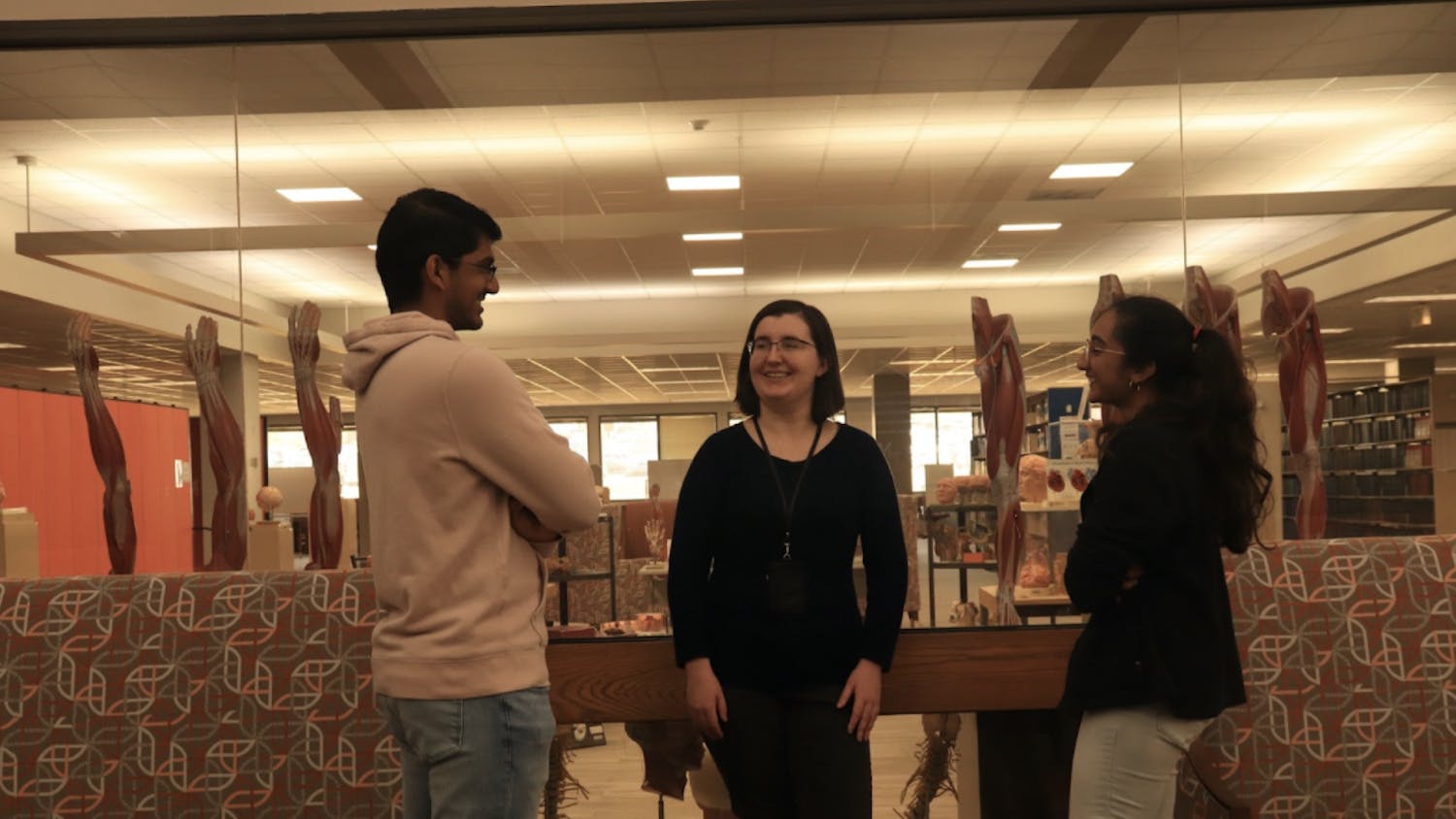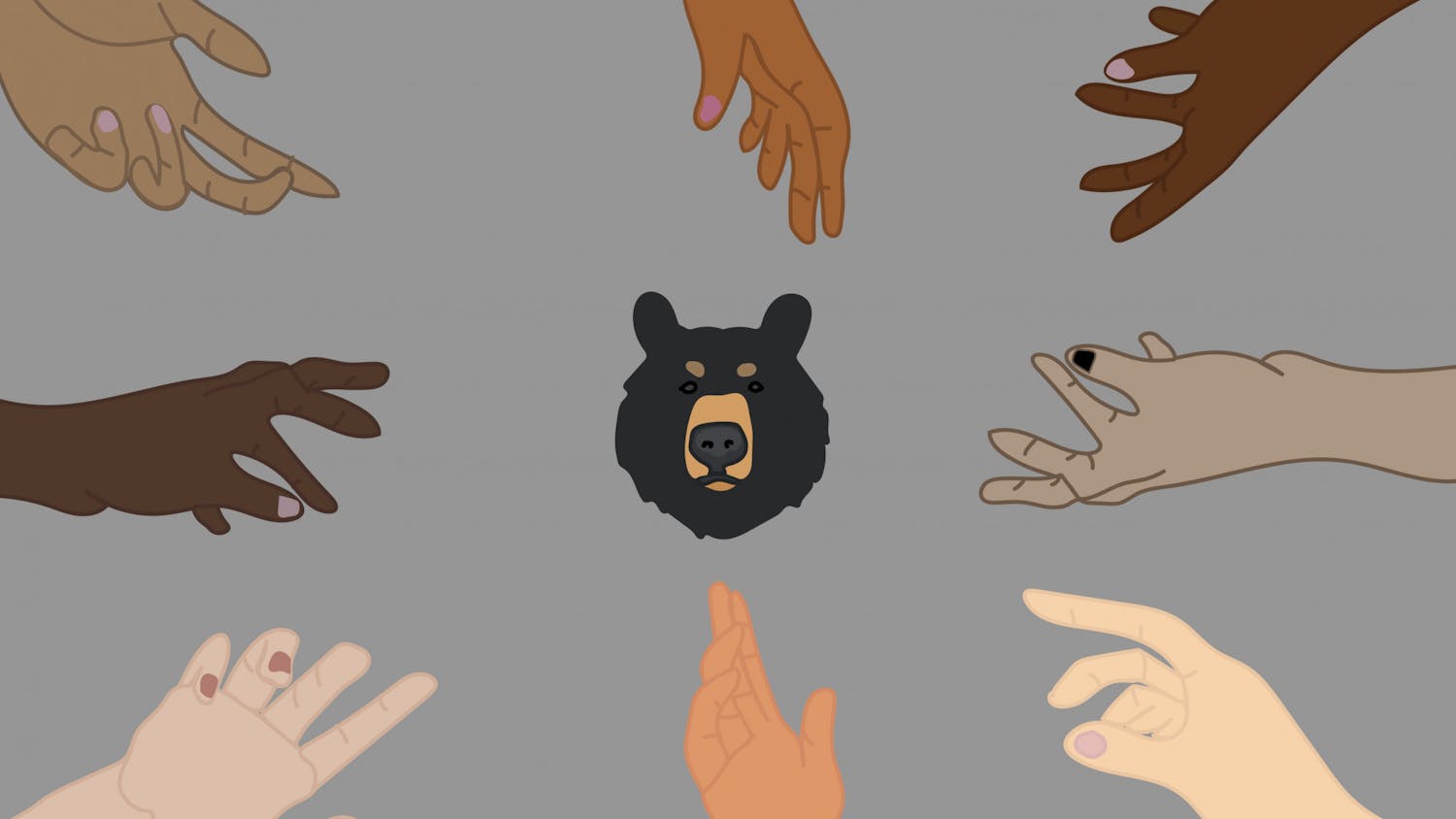Bear Perspectives is a series of first-person essays written by upperclassmen students at Mercer University about their experiences in college and what they wish they knew as a first-year. Throughout the beginning of the semester, The Cluster will publish a variety of these essays covering various topics for the benefit of the class of 2026.
I'm not a big proponent of universal truths, but the newfound independence associated with freshman year of college is one of those. For the first time in your life, your responsibilities are not just to abide by a curfew, get good grades, make your bed and listen to your parents.
The second you step foot into the door of your residence hall, you've already begun to change as a person. Despite the overwhelming excitement of meeting new people and the fear (or dread) of getting lost on campus, there is a silent duty resting in your hands.
You are the number one person you will look up to and depend on for the next four years. Sure, you'll have your parents to call, roommates to ask for guidance and friends to reach out to for advice. But when times get tough, and your schedule makes your head spin, the number one resource you have is yourself.
It took me almost three years to learn how essential setting boundaries is once you're out of the nest. Freshman year was equal parts some of the best and worst points of my life almost entirely because I lacked that vital information.
We've been told since day one that we shouldn't talk to or accept candy from strangers and always keep an eye on our parents. We've learned not to go to the bad parts of town and limit ourselves when it comes to eating and exercising. We’ve been told staring at a screen all day hurts our eyes and that drugs are bad.
But what about interpersonal relationships? The time we spend with family and friends? The number of hours we pour into developing our friendships and hinting to that guy we like by coyly complimenting his new hat?
This is probably the most overlooked yet vital boundary to develop. Humans are social creatures. We attach ourselves to others, whether for our innate need for safety or our psychological need for communication and social interaction. It's only natural that friendship is as second nature as breathing for some of us. Unfortunately for me, that is so much the case that I failed to recognize when I needed alone time. This overlook caused some definitively negative impacts on my school work, mental health and, ironically, my relationships.
Settling into freshman year was surprisingly easy for me. I quickly found people to depend on who would spend time with me, hear my deepest fears and run to Buc-ee's with me at obscenely late hours for no reason at all. I learned how to meet new people — something new for me as a child who grew up in the same school system for 13 years — and grew these relationships.
What I thought was all happy-go-lucky hid a very dark secret: people can take advantage of you, and you can take advantage of others.
I quickly learned that people would monopolize my time purely for their benefit, much to the disadvantage of my grades. I also learned that I hadn't developed any true and good conflict management strategies. This constantly left my friends (and sometimes my roommate) in silent turmoil for several days. One of my biggest regrets is allowing myself to become so overwhelmed with my social life that I never took the time to step back.
I recognize now that it's okay to put up a wall sometimes. You can love your friends and treat them respectfully while denying a third group dinner of the week when you know your exam is the following day and you haven't started cramming yet. You can show appreciation for them without countless hours accompanying them to Walmart or Target because "a Squishmallow is always nice" — which is true, but that's beside the point. You can love yourself by giving yourself time every day to sit and breathe and enjoy your own company and focus on yourself.
We all came to college for a reason. That reason may not look the same for everyone. Some of us are here to get into grad school. Some of us are here because our parents came here and said it was one of the best experiences they ever had. Some of us just want to get out of the socio-economic status of our childhood. Some of us don't know why we're here, but we're trying our best.
Regardless of your reason, I hope you take what I've said at full value. Setting boundaries in your relationships is one of the most crucial learning curves you can ever teach yourself. After all, the only people who get upset about you setting boundaries are the ones who benefit from you having none.
Heather Liley ‘22 is a biology major and music minor from Buford, Georgia. She is involved in Mercer Singers and Mercer University Opera and works as a Resident Assistant on campus.





